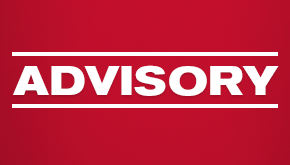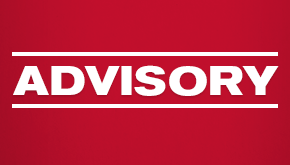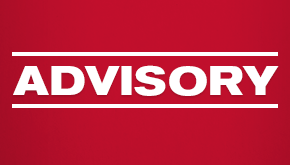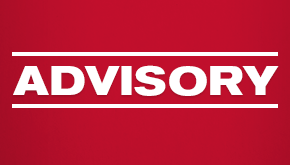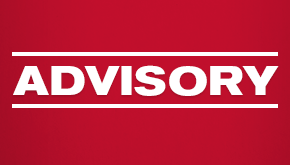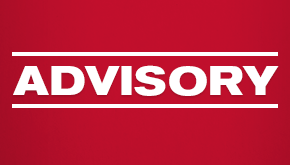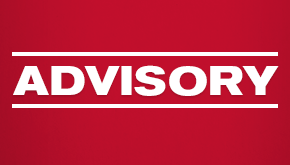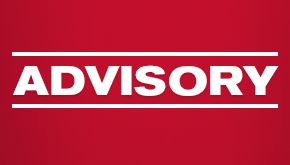Avoiding Retaliation and Interference Claims by Employees During the COVID-19 Pandemic
During the COVID-19 pandemic, employers must ensure they are not retaliating against their employees in violation of federal, state and local antidiscrimination employment laws. As a result of COVID-19, federal and state governments are expanding protections for employees under new legislation that either amends existing antidiscrimination employment laws or creates new employment laws benefiting employees. Nevertheless, these amended/new laws will likely apply the same standards (burdens of proof) concerning retaliation claims.
The Emergency Family and Medical Leave Expansion Act (EFMLEA) amends the Family and Medical Leave Act (FMLA) to provide a new basis on which an eligible employee can take FMLA leave, i.e., to care for a son or daughter whose school or caregiver is closed or unavailable due to the COVID-19 pandemic. The FMLA, which has been in effect for decades, contains anti-retaliation and anti-interference provisions that will exist alongside the new EFMLEA provisions and will presumably apply to employees exercising EFMLEA rights just as they currently apply to the use of traditional FMLA.
Similarly, the Emergency Paid Sick Leave Act (EPSLA), includes anti-retaliation and anti-discrimination provisions. EPSLA applies to “any private entity or individual” that is engaged in interstate commerce and has “fewer than 500 employees.” EPSLA includes provisions that make it unlawful for an employer to retaliate against an employee who takes leave under EPSLA or to otherwise violate the terms of EPSLA.
Specifically, EPSLA’s anti-retaliation protects employees against discharge, discipline or any form of discrimination for (1) taking EPSLA leave, or (2) filing any complaint, instituting a proceeding, or causing a proceeding to be instituted, in each case relating to EPSLA, or testifying or preparing to testify in any such proceeding. Furthermore, EPSLA incorporates enforcement provisions from the Fair Labor Standards Act (i.e., the federal wage and hour law) to address EPSLA violations. In doing so, EPSLA provides that an employer’s violation of EPSLA will be treated as a failure “to pay minimum wages in violation of section 6 of the Fair Labor Standards Act of 1938” and that liquidated damages and attorneys’ fees are recoverable on claims brought against employers who violate EPSLA.
The Department of Labor (DOL) has announced that it will adopt a temporary non-enforcement policy providing 30 days for employers to come into compliance with EFMLEA and EPSLA. Under this policy, the DOL will not bring an enforcement action against any employer for violations of the EFMLEA or EPSLA so long as the employer has acted reasonably and in good faith to comply with the Act. Instead, the DOL will focus on compliance assistance during the 30-day non-enforcement period. However, employers should begin work now on reviewing personnel policies to make sure those materials are updated to align with the new anti-retaliation and anti-interference provisions of EFMLEA and EPSLA.
Similarly, Section 11(c) of the federal Occupational Safety and Health Act of 1970 (OSH Act) protects employees from discharge or discrimination for the following protected activity: filing a complaint; instituting or causing to be instituted any proceeding under or related to the OSH Act, or for testifying in a proceeding, or because of the exercise by the employee on behalf of himself or others “of any right afforded by the Act.” The catchall provision “of any right afforded by the Act” is extremely broad. It has been interpreted to include an employee’s raising of a legitimate safety concern in the workplace. Many states have similarly worded statutes.
An employee who is discriminated against (which could include a demotion or similar action), or discharged for expressing a concern with a supervisor, or for filing a complaint with OSHA about having to work around others who may have COVID-19, may have a claim against the employer under Section 11(c), depending upon the circumstances. Whether the employee has a valid claim would likely depend, at least in part, upon the extent to which the employee’s concern with contracting the virus in the workplace is well founded, as opposed to a generalized concern. The goal certainly should be that any time an employee raises a concern with a safety or health issue in the workplace; it can be worked out to the satisfaction of both the employer and employee. But some situations are not so simple, and COVID-19 issues in the workplace are quickly evolving and complicated.
In OSHA Publication 3990, which was referenced in our March 18, 2020, Advisory (OSHA Guidance for Employers in Relation to COVID-19), OSHA identified four levels of COVID-19 risk for workplaces. This is not law; it is simply OSHA’s view, but it provides some helpful context. The High and Very High Exposure Risk categories include certain health care or laboratory workers who perform activities on known or suspected COVID-19 patients, and mortuary workers. Medium Exposure Risk includes “those that require frequent and/or close contact with (i.e., within 6 feet of) people who may be infected with [COVID-19], but who are not known or suspected COVID-19 patients.” Low Exposure Risk includes jobs “that do not require contact with people known to be, or suspected of being, infected with [COVID-19] nor frequent close contact with (i.e., with 6 feet of) the general public.” These risk categories don’t take into account some of the protective measures employers can take to minimize risk, such as providing gloves, respirators and frequently cleaning shared equipment, as examples.
These new OSHA guidelines raise several questions:
- What if an employee is concerned or worried about contracting the virus in the workplace, tells a supervisor or OSHA, and/or refuses to work, and is then demoted or disciplined?
- What about an employee who works next to an employee with a dry cough who does not seem well? Or who works in a grocery store and deals with the public?
- What if the employee works in an office setting and does not deal with the public?
- What if the employee refuses to work because she or he generally fears contracting COVID-19?
- Under the same facts, what if the employee is immunocompromised and fears getting the illness?
- Or what if an employee is fired for poor performance but alleges that he was fired because he expressed COVID-19-related fears over having to work with the general public or near sick co-workers?
While OSHA has not made any clear pronouncements on the subject, to minimize the potential for a claim, employers should proactively make a good faith effort to assess the workplace and take steps to minimize the potential presence and spread of COVID-19. If meaningful measures are taken, this will help employees feel more confident in their work environment. In addition, if an employee expresses a subjective concern (e.g., not based on objective facts) about contracting the virus, and is in a Low or Medium Risk job category in which the employer has already taken good faith measures to further minimize risk, the reality may be that the employee’s subjective concern is actually a pretext for something else, such as not wanting to work.
Armstrong Teasdale’s attorneys will continue to monitor and provide updates regarding these developments. If you have a question or require guidance on these or other points, please do not hesitate to contact us.


